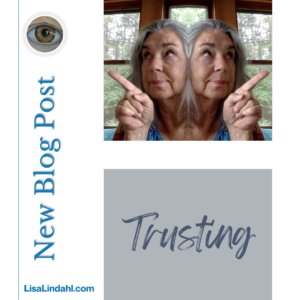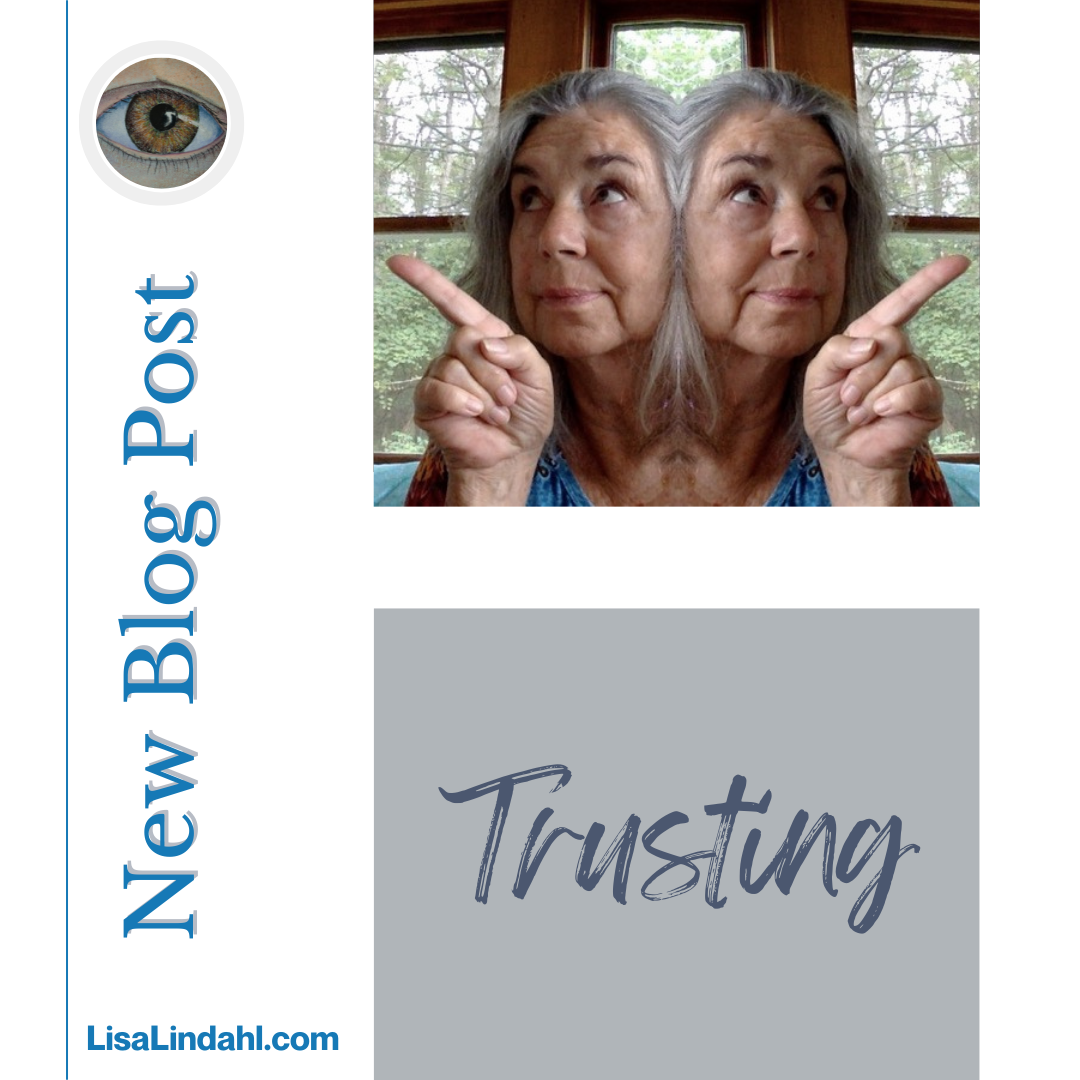
What makes a person choose to trust another? The alternative is to hold suspicion about the other and/or their actions—to not trust them. Or should I say trust them fully. A scintilla of doubt may creep into your assessment of the person or situation. Or maybe it is a full-on tablespoon of doubt, a shadow on your ability to trust. Trusting is usually not a yay or nay action but an evaluation that exists on a spectrum.
The decision to trust another or not (to whatever degree) is made several times every day, usually unconsciously. “What!?” you say, “every day?” Yes; for instance, think of the other drivers on the road, or consider those on the sidewalk or public transportation with you. They are in your environment, sharing the field, “in your space,” as my generation used to say. Some level of trust is constantly being extended or withheld.
Of course, there are those we ‘know’ whose trustworthiness has been assessed at some previous point—family, associates, friends. We form a position and hold it “until proven otherwise,” or some triggering event causes one to revisit their assessment.
It seems to me that most people are trusting, at least at first. I know I am. And then life happens, stuff happens, and sometimes our trust is betrayed. He cheated, or she lied, or something was done secretly, not shared when it should have been. We all know the usual gaggle of events, probable suspects. TV and the media wean us on such storylines.
And when the transgression, the betrayal, comes from someone we have held as a trusted one, it is a shock. It is the main ingredient of heartbreak. On the other hand, when it comes from someone we distrusted from the get-go, it is an affirmation of the assessment. Instead of shock, we might feel a wee bit smug, our judgment validated.
So, what does make one person trust another? What are the markers or indicators that lend themselves to trustworthiness? Simple: integrity and authenticity.
Integrity is defined as truth/veracity, honor, and reliability. These are key ingredients in creating authenticity (which is defined as genuine, accurate, and reliable). Trust is earned when these things are demonstrated consistently in another’s behavior. When they are absent, distrust results. And notice the crucial, vital distinction here: it is behavior that counts, not words. When a person’s words habitually do not reflect or describe their actual actions (and vice versa), it is time to doubt their trustworthiness.
“To thine own self be true”… and others will be too.


